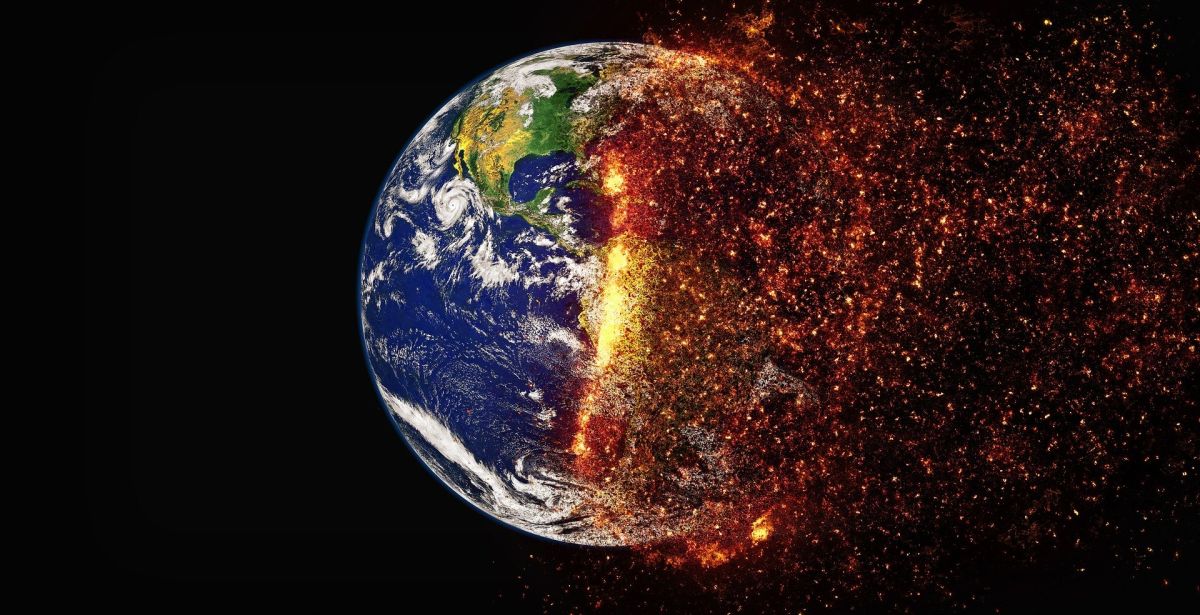Earth Day 2021: World leaders on climate change

Earth day took place on the 22nd April. Occurring annually since 1970, its aim is to inspire everyone to take greater care of our planet, from individuals to governments.
To mark the day, president of the USA, Joe Biden hosted a summit combining many of the world’s leaders. At the event, many countries announced ambitious plans to reduce their contribution to the climate crisis.
Climate crisis: a history
It comes at an interesting time in the history of the climate crisis. On the 12th of December 2015 197 countries of the world agreed to ‘The Paris Agreement’. In this summit, the issue of the climate crisis was addressed officially.
It was meant to bring countries together to to reduce the greenhouse gas emissions in an attempt to cap temperature rise at 1.50C. Although a seemingly small temperature, this difference could change habitable landscapes and baron wastelands.
Since this agreement, many countries have been taking measures to reduce CO2 and methane emissions. In addition, a greater effort is being made to reduce the industrial processes that release toxic pollutants into the environment.
The Paris Agreement is the main reason that this summit was quite so significant, occurring in the first one hundred days of Biden’s presidency. Trump pulled out of the agreement as soon as he could, with the US only able to formally withdraw the day after the 2020 presidential election.
Biden’s hosting of an environmental summit can be seen as an attempt to restore faith in the US, both in its role in the climate crisis and in the political arena more generally. He has now announced that the US will attempt to halve their greenhouse emissions by the end of the decade… a bold task indeed.
A lot of these decisions and plans will be reviewed later this year, at the Glasgow COP-26 summit. The Paris Agreement included promises from many countries to reach ‘Net Zero’ emissions by 2050.
The UK currently hopes to reduce emissions by 78% by 2030, putting a lot of pressure on both pre-existing and developing industries. This provides plenty of opportunities for graduates and academics to make strides in optimisation. Many of the current student cohort could dedicate their lives to environment-improving science.
What can we do?
As students, there are many things we can do to reduce our own carbon footprint and improve the environment. For example:
- Reduce your meat and dairy intake – oat milk latte anyone?
- Think about what you buy- from biodegradable pencil cases to reusable coffee cups, we can all take steps to reduce the amount of long-lasting waste we send to landfill.
- Consider the impact of your household appliances. Do you still need the heating on? In May?
- Try going paperless-or choosing more sustainable stationary. For example, new pens have been produced that are made of plastic from biomass instead of crude petrochemical solutions.
- Stop leaving devices plugged in. This causes a strain on rechargeable devices, leading them to die faster and require more electricity to charge.
As we reduce our own environmental impact and hold governments and corporations to account, Earth Day provides a helpful focal point for the climate crisis.
However, if we are to truly tackle climate change, discussion cannot be limited to one day a year. What could you do today?







